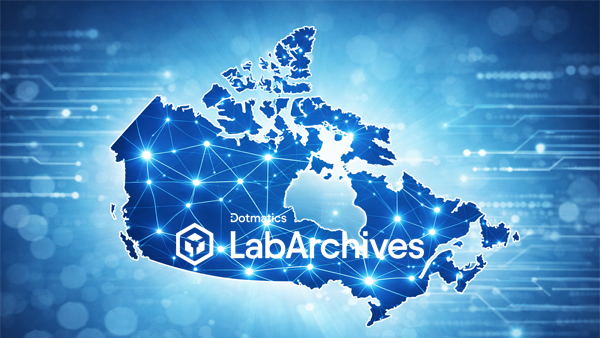The Appeal of OneDrive—And Its Limits
As labs move from paper to digital systems, it’s tempting to rely on existing tools provided by institutional licenses. Microsoft OneDrive is one such option: it’s widely available, easy to use, and familiar to researchers and administrators alike.
But while OneDrive excels at storing and sharing files, it falls short when it comes to the specialized needs of scientific documentation. In short: OneDrive is not an Electronic Lab Notebook (ELN). Using it as one risks reproducibility, compliance, and long-term stewardship of critical research data.
What OneDrive Is Designed For
OneDrive is a cloud-based file storage and synchronization service, built for general-purpose use. It works well for:
- Backing up files
- Sharing folders across teams
- Syncing documents across devices
- Collaborating on Word or Excel files in real time
But science requires more than just file storage. It requires documenting processes, protocols, provenance, and results—all in a structured, secure, and auditable way. That’s the purpose of an ELN.
Here are some reasons why OneDrive isn’t a proper ELN—and what researchers should consider instead.
No Scientific Audit Trail
A true ELN preserves a permanent, time-stamped record of all actions—critical for compliance, integrity, and error investigation.
Where OneDrive falls short:
Its version history is file-based, editable, and easily overwritten. There is no experiment-level or page-level audit trail.
Lack of Regulatory Compliance
Many labs must meet strict requirements such as HIPAA, GLP/GxP, or 21 CFR Part 11. ELNs are designed with these standards in mind.
Where OneDrive falls short:
It is not built—or certified—for regulated research. It lacks features like e-signatures, digital witnessing, and lab-grade audit trails.
Unstructured Documentation
Science thrives on structure: protocols, sample tracking, templates, and controlled workflows. ELNs provide built-in tools to standardize documentation.
Where OneDrive falls short:
It is just folders and files. Researchers are left to create their own naming conventions, which leads to inconsistency and potential data loss.
Weak Support for Lab Collaboration
ELNs let you assign roles, lock pages for review, and track contributions at the experiment level.
Where OneDrive falls short:
Its sharing model is flat and lacks role-aware permissions or traceable collaboration features that labs require.
No Support for Research Metadata or Context
An ELN connects data with hypotheses, methods, results, and metadata (e.g., reagent batches, instrument settings).
Where OneDrive falls short:
There’s no built-in way to capture context or metadata. Without this, reproducibility suffers, and data becomes disconnected from meaning.
What to Use Instead
Instead of adapting general-purpose software, research institutions should use platforms built for science.
LabArchives ELN is trusted by leading institutions like NIH and UMass Chan. It provides:
- Structured experiment templates
- Immutable audit trails
- Digital signatures and witnessing
- Granular role-based permissions
- Integration with tools like GraphPad Prism, SnapGene, REDCap, and Microsoft Office
- Compliance support for HIPAA, 21 CFR Part 11, and FedRAMP Moderate
And importantly, LabArchives integrates with OneDrive—so researchers can link files while ensuring documentation is captured in a secure, compliant, and research-ready environment.
OneDrive vs. LabArchives ELN: At a Glance
Feature | OneDrive | LabArchives ELN |
Scientific audit trail | ❌ No | ✅ Yes |
Experiment templates | ❌ No | ✅ Yes |
Role-based access control | ⚠️ Basic | ✅ Granular |
Regulatory compliance | ❌ No | ✅ Yes |
Digital signatures | ❌ No | ✅ Yes |
Metadata support | ❌ No | ✅ Yes |
Collaboration inside experiments | ❌ No | ✅ Yes |
Preservation of research context | ❌ No | ✅ Yes |
Final Thoughts: Convenience ≠ Capability
OneDrive is a powerful storage platform—but it is not an ELN. Relying on it for lab documentation creates risks around compliance, reproducibility, and long-term data management.
The cost of adopting a purpose-built ELN like LabArchives is minor compared to the consequences of failed audits, lost data, or rejected grants.
If your research matters, document it like it matters. Use an ELN.






